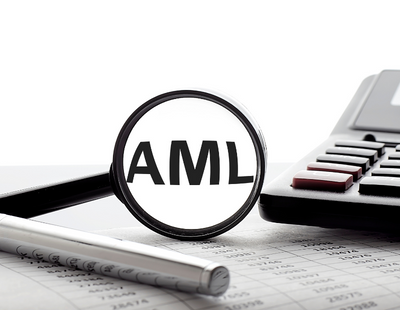
This debate has been running for some time, but it tends to be the online providers of electronic checks that put the arguments forward. I will try and give an impartial view.
If I go back two years, I was a pretty strong opposer of online checking. My argument was that it didn’t meet an agent’s customer due diligence obligation, because it did not confirm that the person the agent was dealing with was actually the owner of the property to be sold.
Well, that was my official view, but I think my opposition really stemmed from being a traditionalist who felt better when I held a document in my hand, rather than relying on some unseen, ‘ether’ generated checking process I didn’t understand.
Move with the times – as my grown up kids tell me. Well I think I have and here are the basic arguments...
Traditional Checks will always give you that little extra from a due diligence and a confidence perspective, because of the personal confirmation you get from the documents you see.
However, in most cases, that little extra is not required. An important issue for many agents is that traditional checks have no additional third party charge and those charges, at between £2-£3 per check, can mount up.
But there is a cost to the traditional checks. Getting to see clients' original documents can quite often be problematic and time-consuming, as we have discussed in earlier articles. Staff chasing clients for documents does have a salary cost implication.
From a compliance perspective, traditional checks have one big problem – they rely on one or more individuals making sure it is done.
These individuals are often managers or valuers and we all know that these are the worst people to give compliance tasks to, because their focus is on listing and selling.
In many agencies there can be more than one person involved, which leaves more potential for it to be overlooked.
Electronic Checking Services will not solve all your customer due diligence problems; there will be certain higher risk clients where further checks are required.
However, electronic checks mean you do not have to see, copy and retain any original documents from the client.
I must emphasise that – you do not have to see original documents. The online service eliminates the need for this.
All you really need is a change to a clause in your terms of business and add a line in the terms asking the client to confirm their date of birth and the period they have lived in their current property.
You now have everything you need to use an online electronic checking service. Now one person in your business can be given the simple task and responsibility of entering the information online. A green light is provided – job done – no holes in records – audit passed.
(This article is part of a series on money laundering, you can read the rest of the series by clicking here)
*David Beaumont is a compliance expert who provides agents with everything they need to comply with money laundering obligations. For more guidance, email: david@compliance-matters.co.uk














.png)


.png)



Join the conversation
Jump to latest comment and add your reply
Hi David,
An interesting article. I wonder though in relation to Due Diligence whether the Estate Agents sector understand the crucial requirement of screening their clients against the Sanctions and PEP listings in addition to their AML obligations and how they complete accurate and timely reviews of all their existing clients database....
I would be interested to hear your views on this?
Regards,
Rav
Rav
From my work with agents I know you are right on both points; however, the vast majority of agents work for owner/occupiers and UK/EU citizens where the risk is very low of any PEP or sanctions.
The higher risk agents tend to work in the London market, but few there do check.
The online service providers do have those checks as part of the service so it does push agents towards online if they want to get due diligence right and this will become more important I believe when the new 4th directive is transposed into Regulations next year
David
Please login to comment